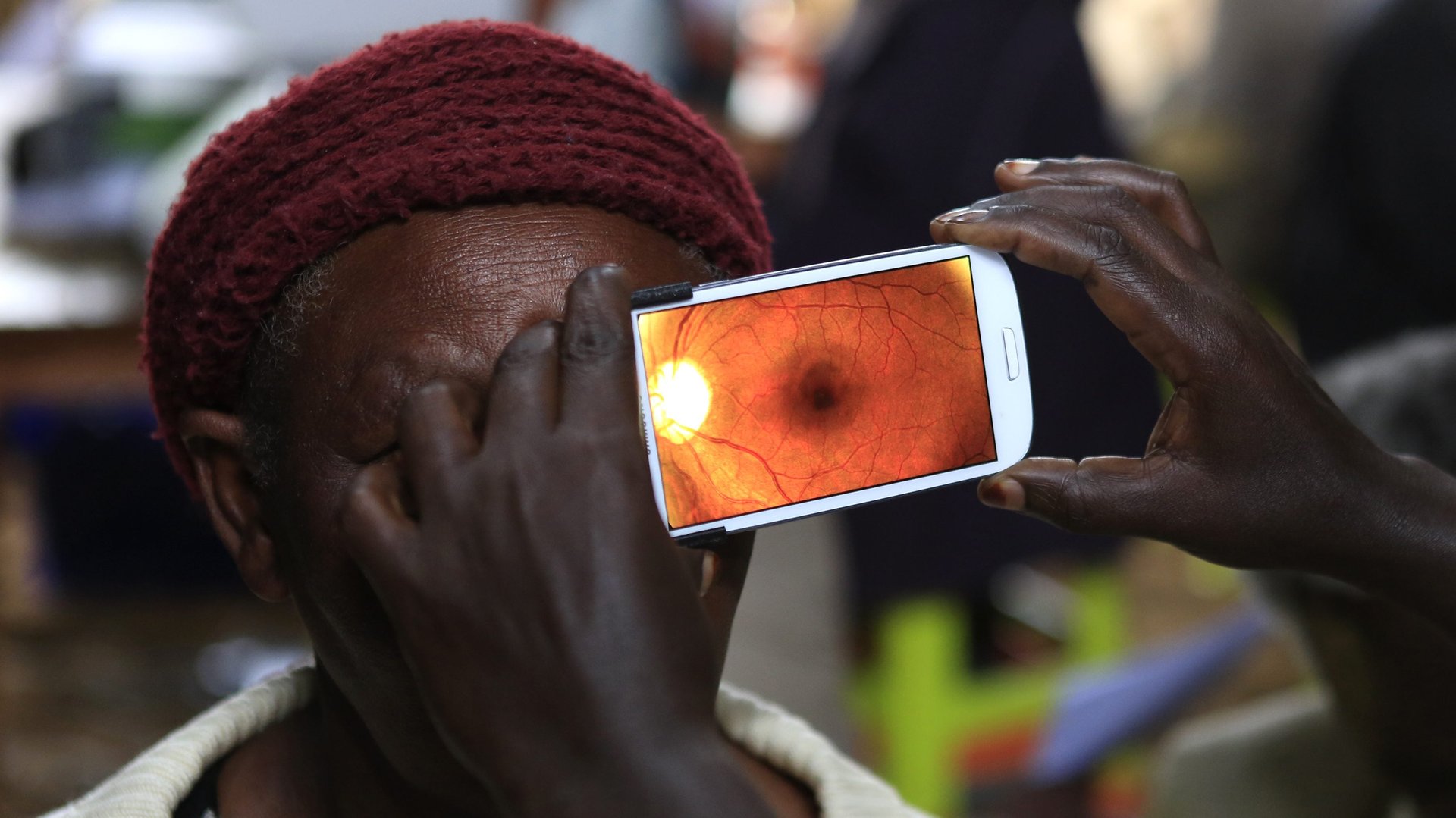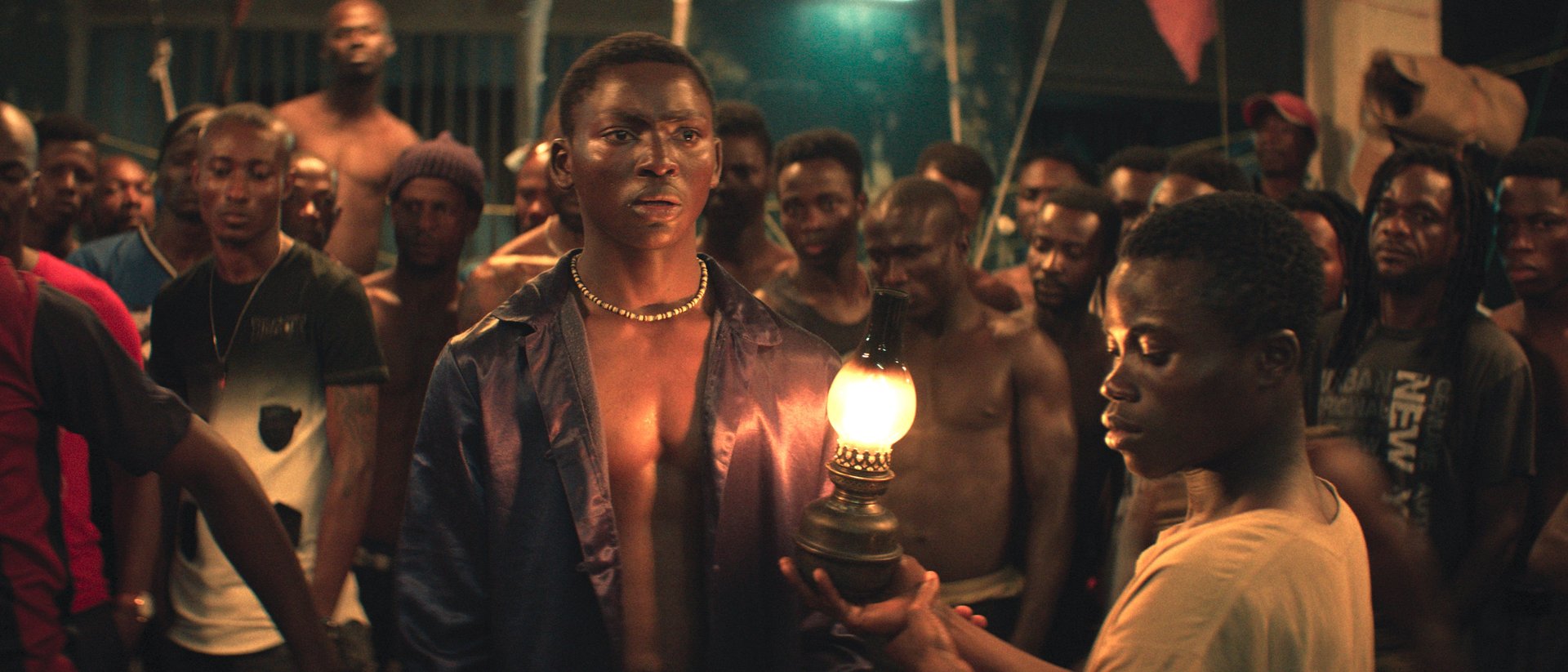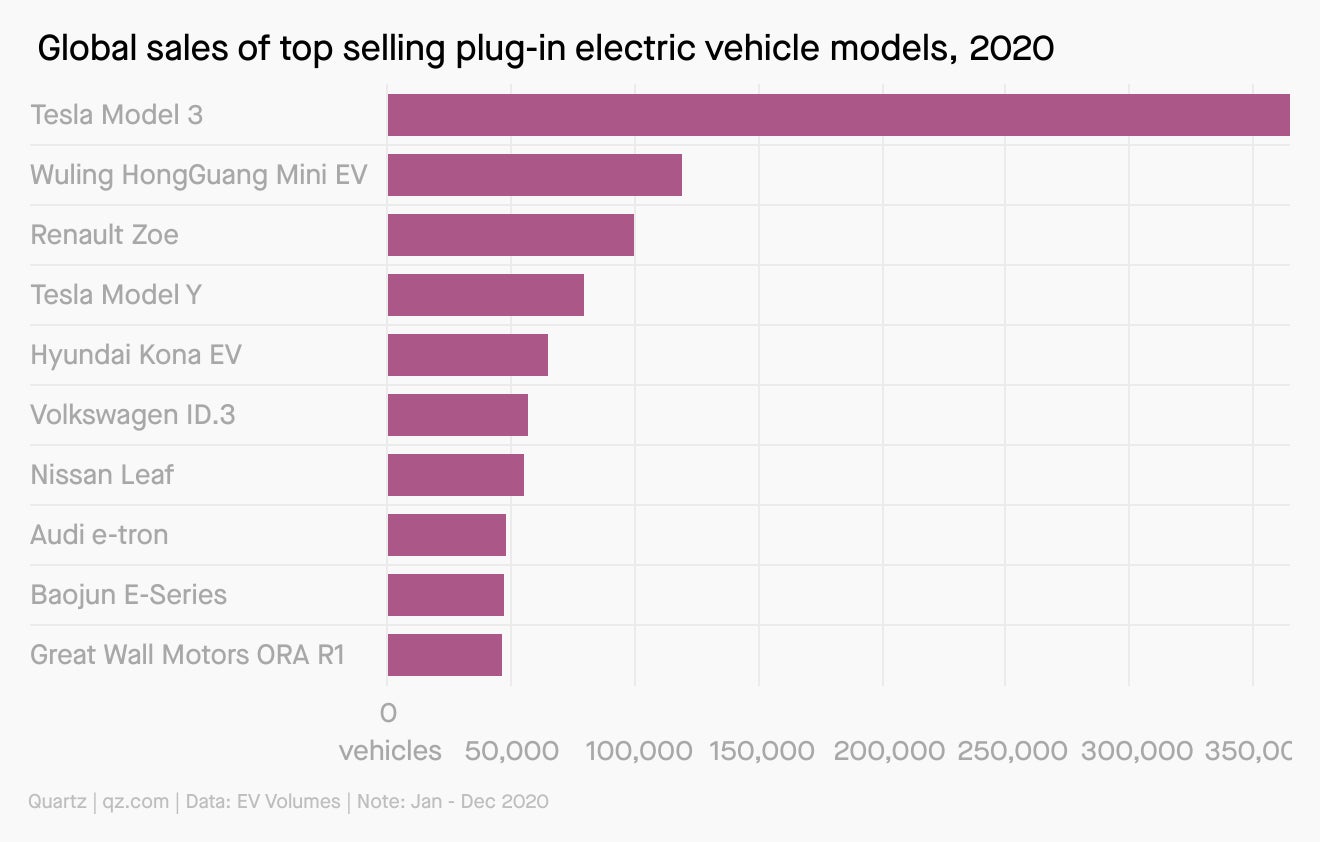Health tech’s healthy outlook, Motsepe’s mandate, griot storytelling
Hi Quartz Africa readers!


Hi Quartz Africa readers!
The African health tech sector is booming, thanks in part to the pandemic.
The number of health tech startups funded in recent years has increased drastically, as has the amount of funding. Capital for health tech startups rose by 257.5% from 2019 to 2020, according to a report by Disrupt Africa.

Six of the 30 startups featured in an inaugural list published by the alumni-led Yale Africa Startup Review last week were in health tech, the most of any category. The list included Egypt’s Chefaa, South Africa’s RecoMed, and Malawi’s Apex Medical Laboratories.
Chefaa is a GPS-enabled platform that allows patients to order, schedule, and refill prescriptions and other pharmaceutical needs. “The gap in healthcare services in Africa is huge, leaving behind growing opportunities for health tech startups to fill,” the company’s co-founder, Rasha Rady, told Quartz. “After [the] Covid crisis, the role of health tech startups in narrowing that gap was apparent, confirming value propositions, and decreased investment risk.”
Telehealth in particular, defined as healthcare delivered remotely, has enormous potential to fill existing coverage gaps, particularly in remote areas. Around the world, the field boomed during Covid-19 lockdowns (read our recent field guide on the topic). While much attention has been placed on the more technologically advanced aspects of remote medicine, its most revolutionary potential is in expanding access to traditionally underserved populations.
Rural and remote areas can especially benefit from telehealth, including for specialized treatment. Where internet connectivity is scarce, telehealth providers can use phone calls or even instant messaging in lieu of video calls. The key will be investing in digital infrastructure.
The coronavirus has been a devastating affliction to the whole planet. But we can be thankful for the ways it has accelerated the technology we need to reach the world’s most unreachable patients. —Carlos Mureithi and Annalisa Merelli
FIVE STORIES FROM QUARTZ AFRICA
South Africa tries to head off a third wave. A predicted rise in Covid-19 infections with the onset of winter could rival the deadliness of a wave that only recently subsided, Brian Browdie writes. The magnitude of the surge will depend on the pace of vaccinations, how much people abide by public health measures, and the extent to which the virus creates new variants.
African asset managers can capitalize on a friendlier US approach. The Biden administration’s goal towards more inclusive multilateral policy could help shift economic power from Western entities to Black capital holders, writes Lauren McHugh Olende, and advance broader racial economic justice efforts on the continent.
A police procedural inspired by the headlines. Kenya’s first Showmax original series, Crime and Justice, is a police procedural and legal drama inspired by real-life crimes familiar to many in the country. As Carlos Mureithi writes, the show is reviving debate and discussion around controversies that might have otherwise faded from the news.
A South African mining magnate takes on African soccer. Billionaire businessman Patrice Motsepe made South Africa’s mining sector more equitable, and turned around South African soccer club Mamelodi Sundowns. As newly elected president of the Confederation of African Football, he’ll be facing some next-level issues, Daniel Ekonde writes.
Making “walking cities” more walkable. Walking should be the most equitable mode of transport. But for many African urban residents, it’s not a choice. Researchers from University College London, Osaka University, and the University of Ghana describe this as a manifestation of socio-spatial inequalities, and propose ways to make African cities easier to stroll through.
SPOTLIGHT ON… STORYTELLING

Côte d’Ivoire’s latest Oscar-shortlisted film is a prison drama that pays homage to the West African griot’s tradition of oral storytelling.
In Night of the Kings, a young man is sent to an Ivorian prison in the middle of a forest, where he is chosen by inmates to participate in a night-long storytelling tradition, or face death. The young man’s fictional tale plays out on screen as he tells it, infused with myth and mystery, as other prisoners join in his performance with poetry, song, and dance.
The film is inspired by a prison in Abidjan which director Philippe Lacôte had visited, writes Carlos Mureithi. As there are no visiting rooms at MACA, he waited among the prisoners, who moved freely around the visitors. “I was listening to this prison’s language,” he says. “It was a world that I loved to observe, even if I wasn’t able to decode everything. I had the impression of being at the court of some archaic kingdom with all its princes and lackeys.”
DEALMAKER
Bankly, the Nigerian fintech startup digitizing cash for the unbanked, has raised $2 million in a seed round. Vault, the holding company of VANSO, Plug and Play Ventures, Rising Tide Africa, and Chrysalis Capital funded the investment.
Redbird, a Ghanaian e-health startup, has raised a $1.5 million seed round to expand access to rapid medical testing and digitized health records in sub-Saharan Africa. Johnson & Johnson Foundation and Newtown Partners through the Imperial Venture Fund provided the funding.
ArifPay, Ethiopia’s newly-launched mobile point of sale (MPOS) system, has raised $3.5 million as it begins nationwide rollout. The startup received this funding from 31 different investors as it prepares to start operations in April. ArifPay developed an MPOS system that will allow ATM cardholders to make electronic transactions on smartphones, a first in Ethiopia.
QUARTZ GEMS
Charting the world’s most popular EVs. No company has had a bigger impact on expanding the global electric vehicle market than Tesla. The company sold almost 500,000 vehicles last year, about one of every six EVs sold anywhere in the world. Most were the Model 3 sedan, the world’s most popular electric model, which outsold every other model by a factor of three.

✦ When will electric vehicles become more widely used and affordable? Quartz members can take a road trip through the topic in our field guide on Tesla’s competitive advantage. Try out a membership for free. It’s well worth the ride.
OTHER THINGS WE LIKED
Black Tunisia is breaking taboos. In Africa Is a Country, Fatima-Ezzahra Bendami reports on how Tunisia’s Black community is fighting the taboo of race in a country where identity is largely structured around being seen as white and Arab, rather than African.
Ghana’s LGBT+ community faces threats from home and abroad. A new queer community support center in Accra has been the target of homophobic violence from the country’s religious, state, and civil society leaders. Anti-queer Western organizations are also entering the fray. Shakia Asamoah writes through the chaos for Africa Arguments.
Still no justice for Soweto Derby dead. The rivalry between Orlando Pirates and Kaizer Chiefs, South Africa’s biggest football teams, is one of the most intense in Africa. It also has a history of being deadly, with several lives lost on different occasions. Twenty years after a deadly stampede at a stadium, Nick Said asks, in a piece for New Frame, why no one has been held accountable for the violence.
Trophy hunters flock to Sudan. After photographs of hunters posing with the body of a rare Nubian ibex appeared online this week, conservationists have accused the West of exploiting the country’s political transition to hunt unprotected rare animals, reports Kaamil Ahmed for the Guardian.
Diaspora audiences are tuning in to Nigeria’s Boko Haram movies. One of the best known, The Milkmaid, about two sisters whose paths diverge after they are taken by the extremist group, saw its showings curtailed at home. But, as Adenike Olanrewaju writes for the New York Times, it was the opening selection for the recent New York African film festival.
ICYMI
Calling all young leaders… There are a number of upcoming opportunities geared at giving young African leaders support, development, and mentorship, including with the Global Water Partnership (March 28), the European University Institute (March 31), Wageningen University and Research (April 16), and the Mandela Rhodes Foundation (April 20).
Get energized. Energy Tech Challengers invites energy, transport, and sustainability startups to pitch virtually at the upcoming Energy Tech Summit and compete for a cash prize (April 1).
Supporting innovative creators. African artists, designers, cultural entrepreneurs, and collectives can apply to jumpstart their projects with Digital Lab Africa, a mentorship and incubation program for African creatives. (Rolling deadlines, starting from April 4).
🎵 This brief was produced while listening to “Taurai Madzoka” by Mark Ngwazi (Zimbabwe).
Our best wishes for a productive and ideas-filled week ahead. Please send any news, comments, suggestions, ideas, soccer recovery plans, and recommendations of true crime shows to [email protected]. You can follow us on Twitter at @qzafrica for updates throughout the day.
If you received this email from a friend or colleague, you can sign up here to receive the Quartz Africa Weekly Brief in your inbox every week. You can also follow Quartz Africa on Facebook.